The Curse of the Knights Templar
Table of Contents
What are they teaching younglings nowadays for you not to have heard this legendary story?— Sergeant
History
Pope Clément!... Chevalier Guillaume!... King Philippe!... Within a year, I summon you to appear before the tribunal of God to receive your just judgment! Cursed! Cursed! Cursed! All cursed to the thirteenth generation of your races!
— Jacques de Molay, Grand Master of the Knights Templar in The Accursed Kings by Maurice Druon
The Knights Templar
Jacques de Molay was the Grand Master of the order of the Knights Templar, an extremely powerful order of monk-knight whose goal had been the retaking and keeping of the holy city of Jerusalem and the Latin States in the Middle East. Made of an international gathering of knights, the order was extremely respected and powerful. However, it has been mired in controversy since its creation. This all came to a head in the first few years of the 14th century...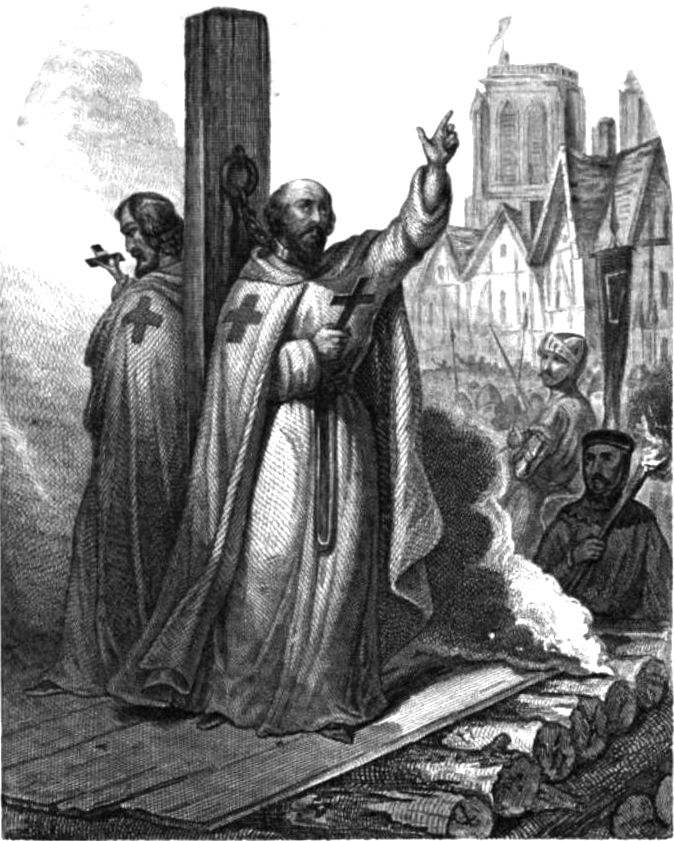
Jacques de Molay shouting his curse by Wikimedia Commons
Military context
In 1291 the crusaders lost Acre and are forced to definitely leave the Holy Land. All religious orders, including the Knights Templar, had to leave with them and resettle in Cyprus. What was the usefulness of the Knights Templar then if there was no Latin States to defend? And what would this enormous group of people do with its military might? 15 000 people and 1,500 trained knights all devoted to the pope and ready to wreck European politics...Fact is, they failed in their one and unique task! We all know the fate reserved for losers...— Sergeant
Economic and social context
The Knights Templar were immensely rich. They had received large donations in testaments, owned enormous lands and monasteries providing agricultural goods, and even benefited from special rights: city toll, customs duty, road tolls, banalités... And to compound all of that, the Knights Templar also managed a bank to allow people to deposit money in their home country, travel to the Latin States in the Middle East and withdraw money from the bank there. This allowed the Knights Templar to lend money to European monarch, including France, and this made them a lot of enemies... Socially, the Knights have always been perceived as proud and greedy people living a disordered life, and they were not looked upon favourably as attested by the expression "drink like a Templar" and "swear like a Templar". It was not that difficult to believe there were other things going on below the surface...Of course, the Templars did not behave any worse than any other soldiers. That is not the issue. The issue is that they were all high and mighty thinking they were superior to everyone else and showing off their perfect morality and purity in everyone's face! There is no better feeling than crushing a goody two shoes, and they really made it easy with their hypocrisy...The French Kingdom was being wrecked by a financial crisis. King Philippe the Fair had to devaluate the money and raise taxes, and despoilt the belongings of Lombard and Jewish merchants, however it was still not enough. And our French ancestors did not like that at all and, of course, rebelling is our long-held tradition. Violence erupted in Paris. The king urgently needed to find the funds to solve the crisis if he wanted to keep his head. And luckily for him, Philippe was clever and resourceful...— Sergeant
If Louis XVI only had had half as much good sense! The fate of France would have been very different then...— Sergeant
Political context
In addition, as a religious order, the Order of the Knights Templar is brought into the conflict between the King of France and the Pope regarding who had the supremacy in Europe. The successive popes had been attempting to enforce their power little by little over all European monarchs, and they had finally triumphed against the Holy Roman Empire. However, King Philippe the Fair of France proved to be an adversary up to their level... When Pope Boniface VIII fulminated the papal bull Unam Sanctam stating the papal superiority over the temporal power of monarch, Philip demanded a council so as to destitute the pope. The pope, of course, did not appreciate that and he had all the French royal family excommunicated. Unfortunately for him, he died shortly after. His successor, Benoit XI, survived him less than a year. And then, with a little convincing by Philippe, the cardinals elected a French pope. Clément V was, of course, favourable to France, and he even moved the papacy to France in Avignon and lifted all condemnations against the king and his family. This finally left the field wide opened for Philippe to make his move against the Knights Templar...A good king, Philippe the Fair, a man after my own heart! Who cares about fairness and honour when the state of France and the entirety of its population are at stake? Honour has no place in a government and a monarch. Let the raison d'état triumph!
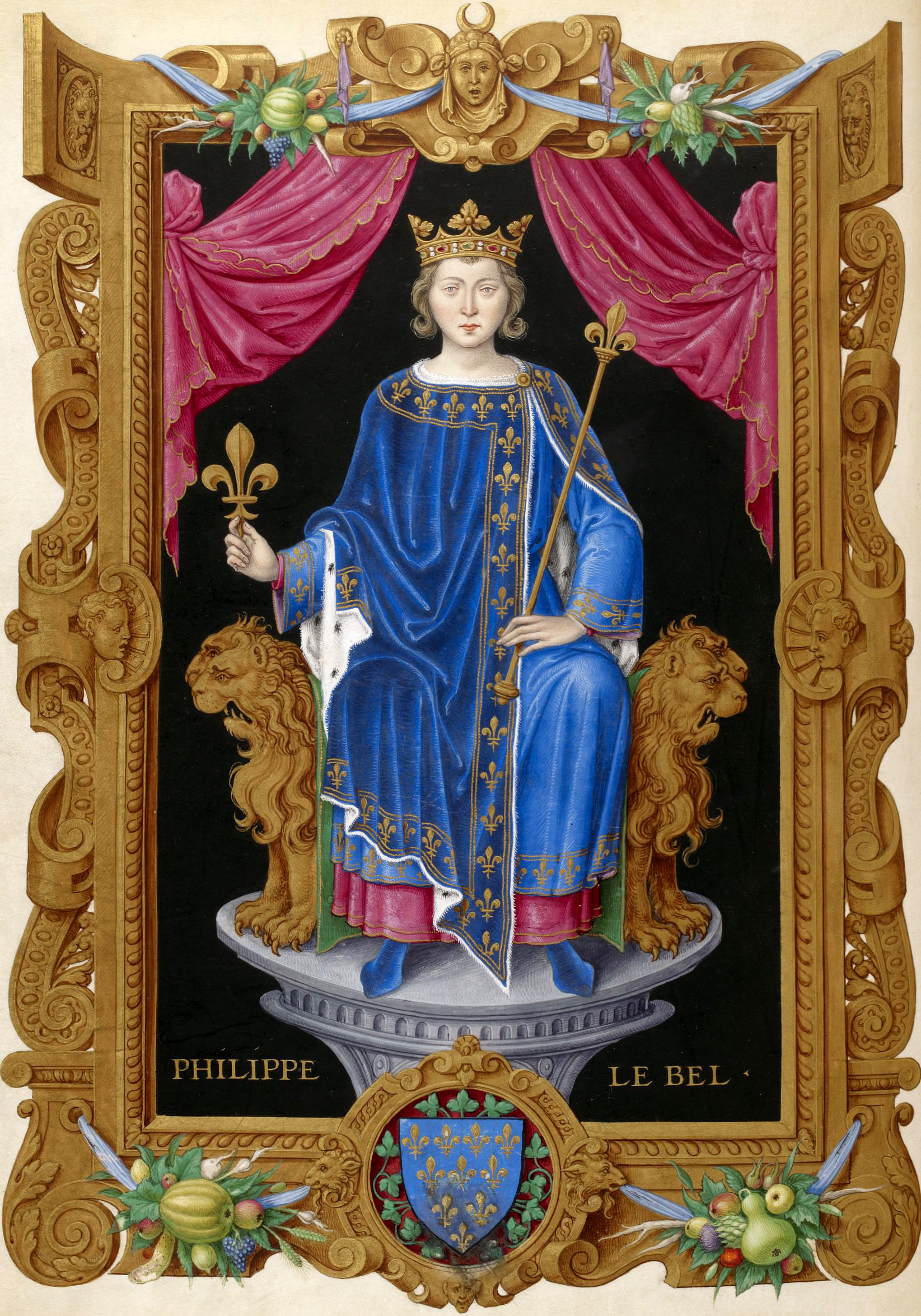
Philippe the Fair by Wikimedia Commons
Crisis
The situation festered and escalated until King Philippe the Fair accused the Knights Templar of breach of charity, obscene acts and heresy. On a Friday the 13th, all templars were arrested throughout France by Guillaume de Nogaret, first adviser to the king and Lord Chancellor. They were interrogated—understand tortured—for seven years until they admitted to all of their crimes in a big public trial. Yet, in 1314 Molay retracted his confession and recanted. This was bad. For him, of course. This meant he would not be allowed to retire peacefully on a papal pension like his companions, but that he would be treated as all heretics: burnt on the pyre!Pyres make such a good show! We should definitely bring back the trend!— Sergeant
The execution and its consequences
In 1314, Jacques de Molay showed no sign of fear while he was led to his pyre or even while being burnt to death. His unperturbable calm and last words greatly impressed all watchers, but the events would have probably dimmed in people's mind if not for what came afterwards... Both King Philippe the Fair and Pope Clément V died within a year of those events in an extraordinary "coincidence"... Clément from a long illness, Philip to a stroke while hunting. At the time of his death, King Philippe had three sons and a daughter married to the King of England. the future of France appeared to be assured. And yet... In just a few years, all those sons and a grandson died one after another, leaving his daughter's English son with the most direct claim to the throne, an intolerable perspective for the French nobility who prefer to elect Philippe VI, nephew of Philippe the Fair and thus leading to the Hundred Year War. It was obvious to everyone in Europe that this was all because of Jacques de Molay's execution. The 300-year-old House of Capet collapsed and France devastated. God could not have not intervene. And yet, this was only the beginning For, of course, if you calculate thirteen generation, you arrive (almost) neatly to the revolution of 1789 and the beheading of Louis XVI and his family...Thirteen, fourteen, who counts? That thirteenth king might even have been the Sun King, but does it really matter? Whatever magic Molay sent, it was so powerful that it took some time to take full effect. The results speak by themselves.— Sergeant
Knights Templar on the pyre by Wikimedia Commons
Death of Philippe the Fair by Wikimedia Commons
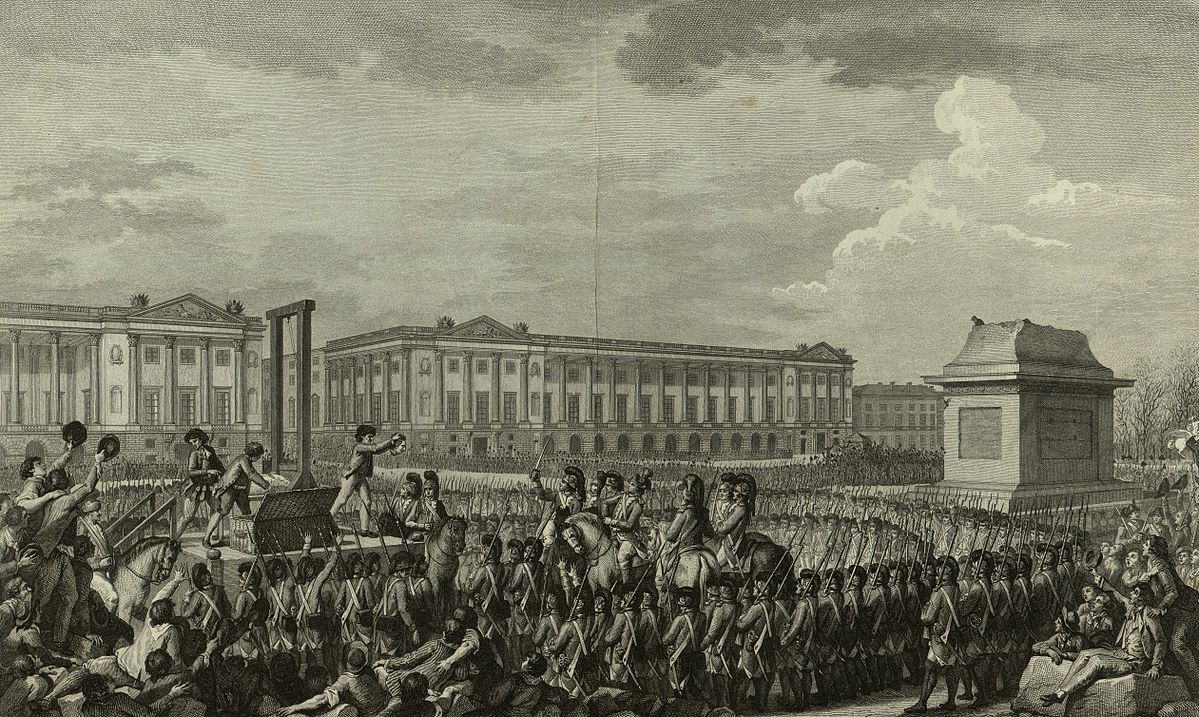
Execution of Louis XVI by Antoine-Jean Duclos (1794), Bibliothèque nationale de France
Legacy
The renewal of prophecy and curse magics in Europe
Nobody in Europe can bring themselves to believe that this story was all coincidence. There have been too many disasters of a too big magnitude and touching the most powerful mages in Europe. What other explanation could there be?
The only question is: was this a curse or a prophecy? This might seem trivial, however the answer has important economic consequences. After all, the revolution and "accomplishment" of whatever it had been has made both fields of magic extremely trendy and encouraged a lot of emulators. Both sides count many followers ready to offer their service to the highest bidder and make a fortune! And they are not above using the same magical skills against their adversaries...
European prophets have traditionally used astronomy and horoscope to make their prediction. However, with all the younglings eager to enter the field, this has brought two new waves: the Roman augur imitators who prophesise by reading the entrails of animals or analysing their behaviours, and the spiritualists who are in contact with otherworldly spirits with vast knowledge beyond human understanding.
The curse-wielders use a variety of means to tailor and fuel their curse, going from the relatively benign ingredients made from plants and animal corpses to full human sacrifices. Curses have to be carried on in long and complex rituals and even after all this preparation and effort it is extremely difficult to get them to attach to the desired target, even before taking into account the potential protections worn by the targets in question.
Whoever you chose to believe, follow my advice and do not get close to any of them. You might think both groups are completely useless, with the prophets seeing whatever they want - or whatever their patrons want - in their signs, and the curse-wielder not truly able to bypass the protections on their target and only making wild promises of the curse taking effects years done the line. Do not. Never underestimate what greed and pride can push a mage to do...— Sergeant
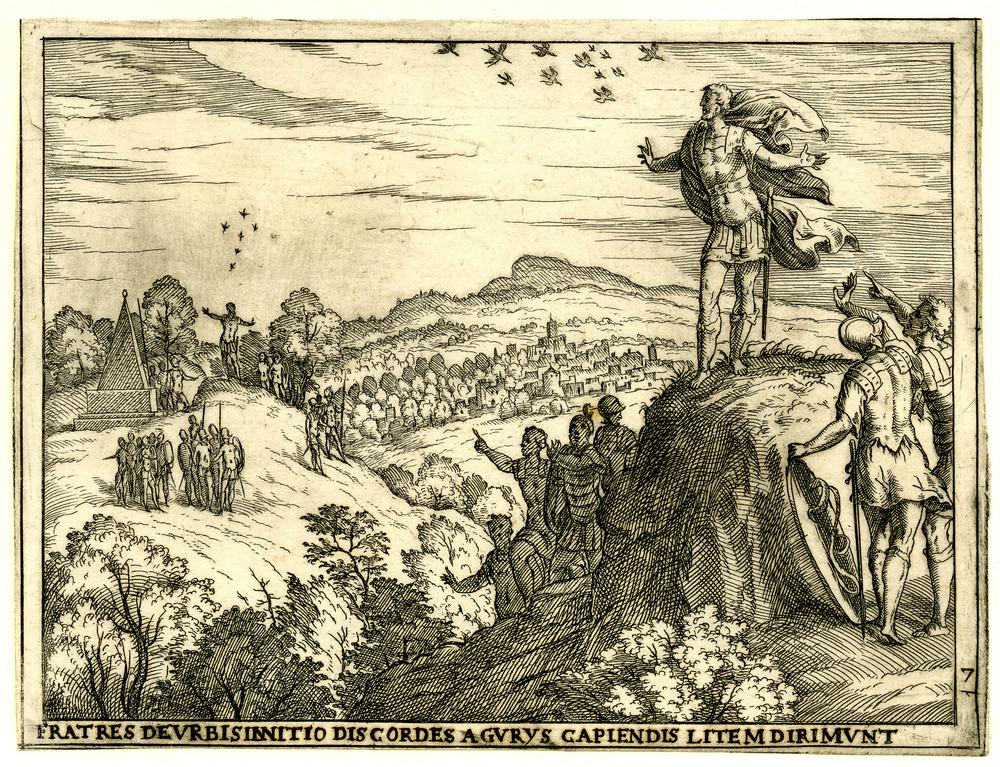
Roman augurs by British Museum

After an extremely long preparation, the last stage of cursing someone is the dramatic shouting of the terms of the curse by Musée Carnavalet, Histoire de Paris
Revolutionary Secret Societies
Another consequence of the advent of de Molay's prophecy/curse is how fervently the subject is being considered by all the secret societies that have been pullulating through France and especially Paris. In particular, the templars' curse/prophecy is the new rallying call of all groups that stand against the return of the "legitimate" royal family to the throne. Numerous political factions are in opposition in France, always keeping the country in the middle or on the verge of civil war, and all having an opinion on the templars' curse/prophecy.The legitimists
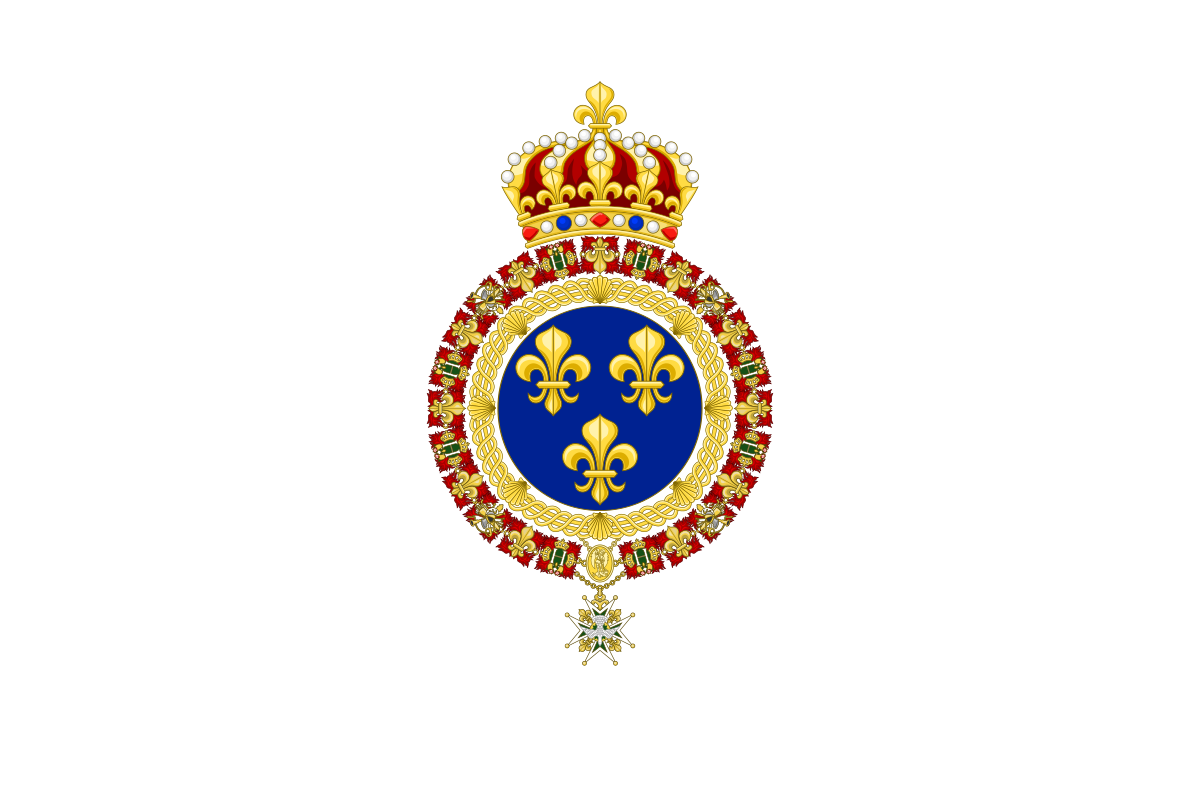
The Bourbons' flag by Sodacan on Wikimedia Commons
The Orléanists
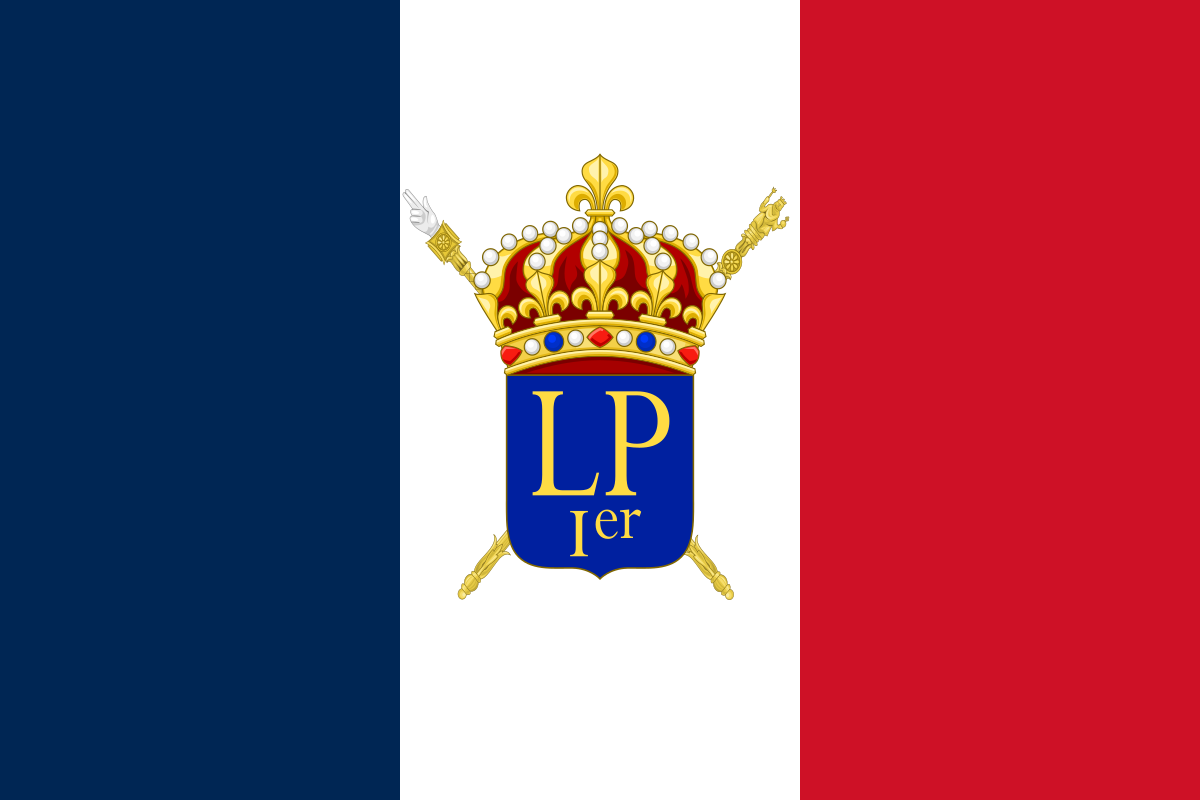
Louis-Philippe's flag by Trajan117 on Wikimedia Commons
The Bonapartists
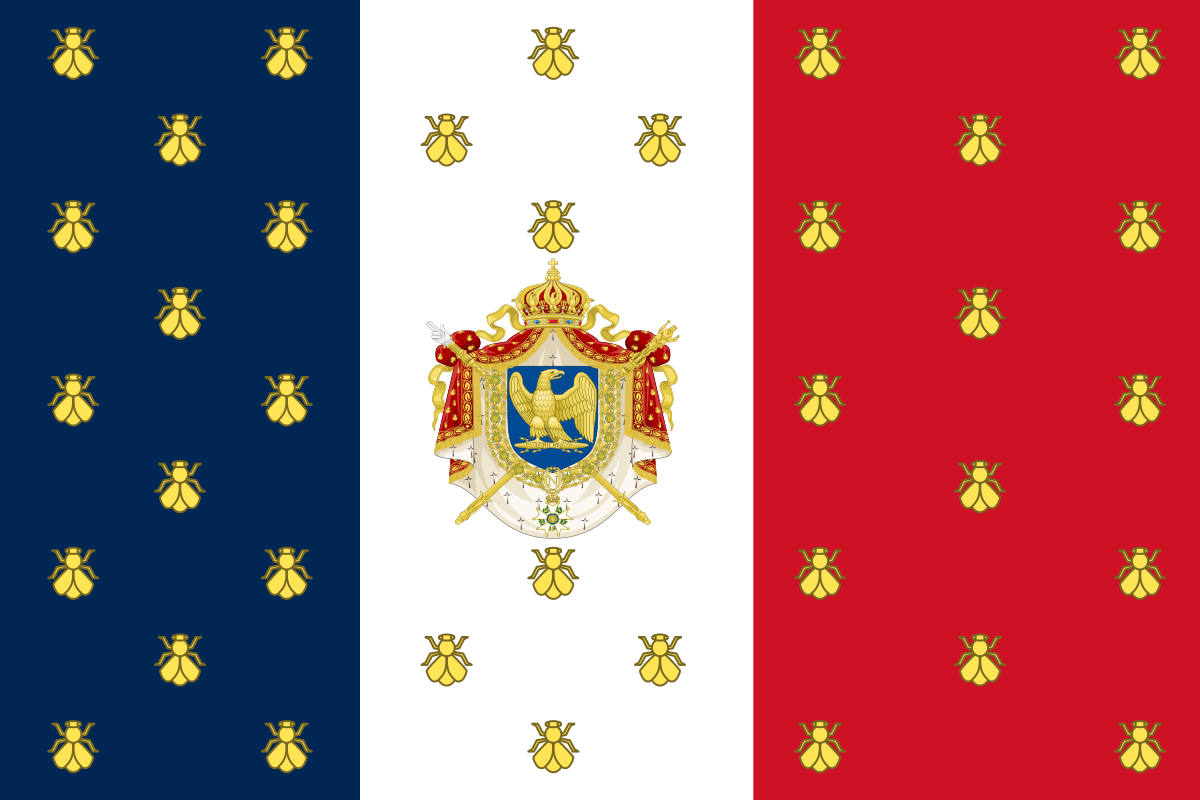
The Bonapartists' flag by Trajan117 on Wikimedia Commons
The Lucienniens
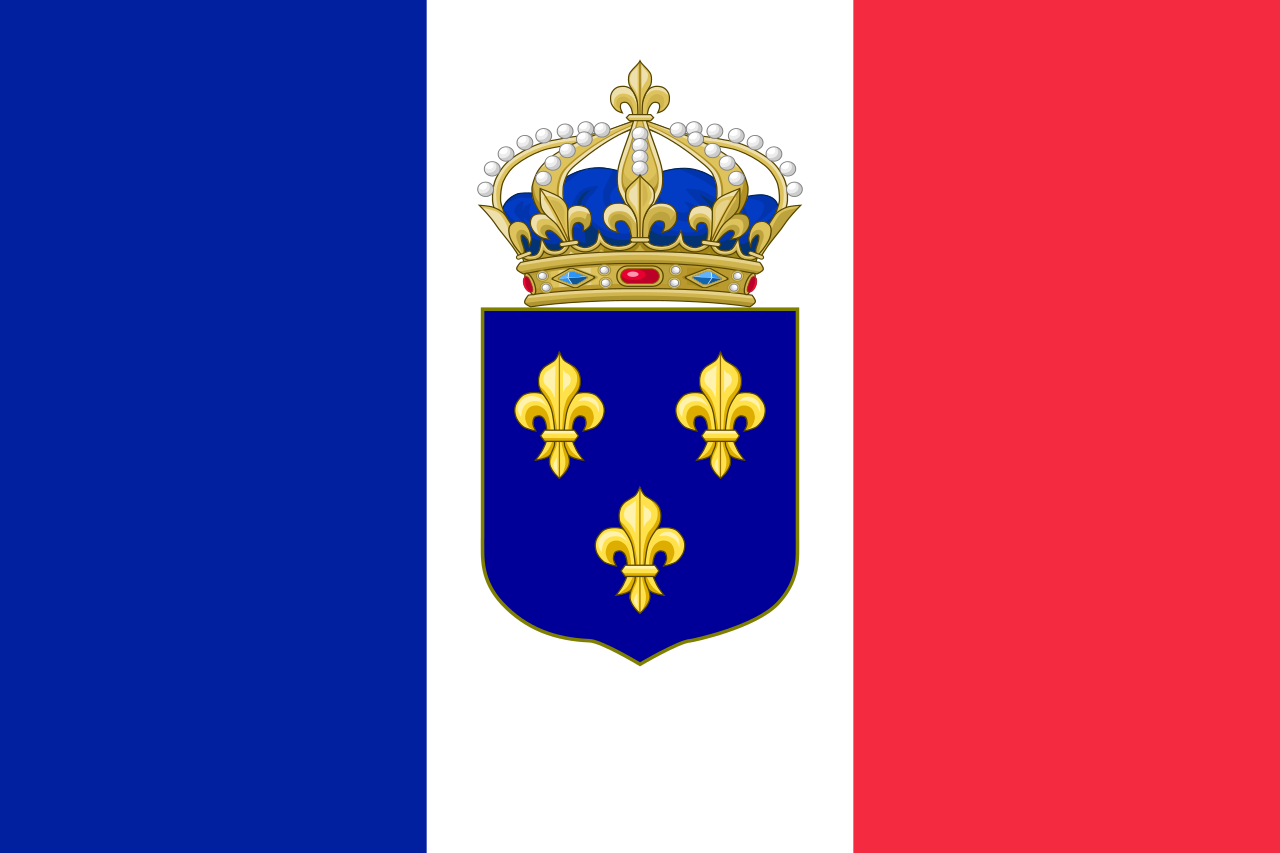
The flag of the Kingdom of France by Oren neu dag
The republicans

Republican flag by Wikimedia Commons
The Foreign states

English flag by Wikipedia Commons
The Francs-maçons
Francs-maçons' flag by Wikimedia Commons
Whatever political opinions you have, you better keep them to yourself. Here we do not want to see anything but unfiltered enthusiasm for King Lucien and gratitude for all that he has done for the army and the wellbeing of all French soldiers! If you insist on throwing any other idea in our face, be assured that we will take the time to educate you...— Sergeant

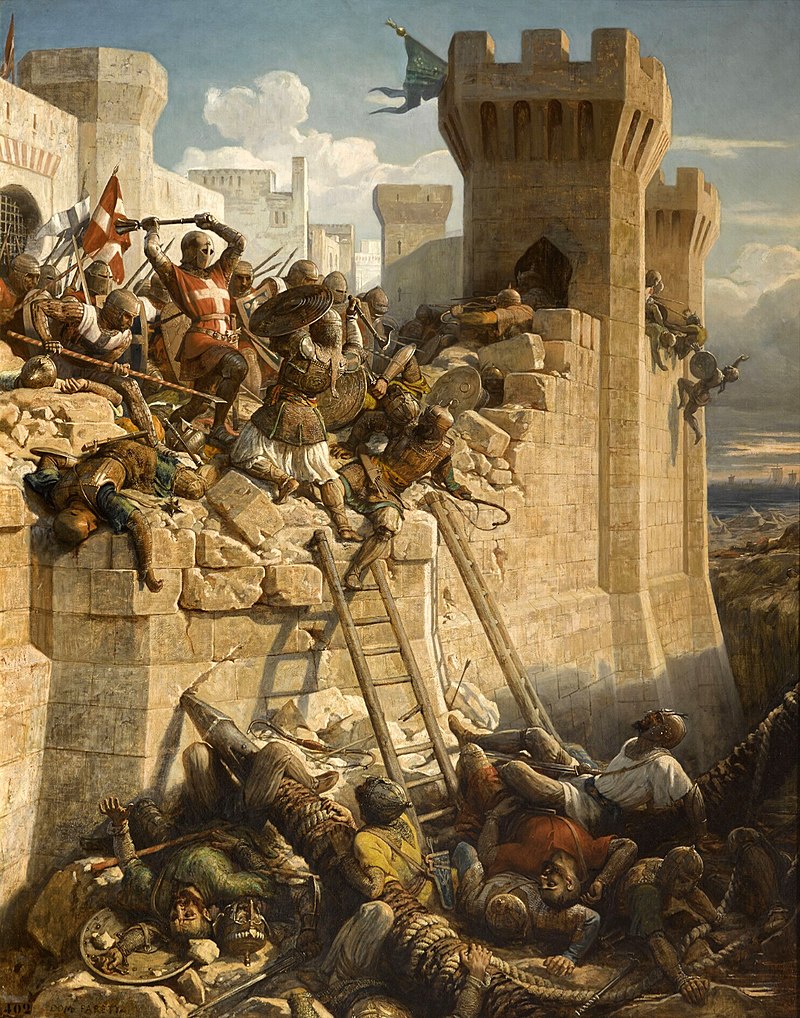
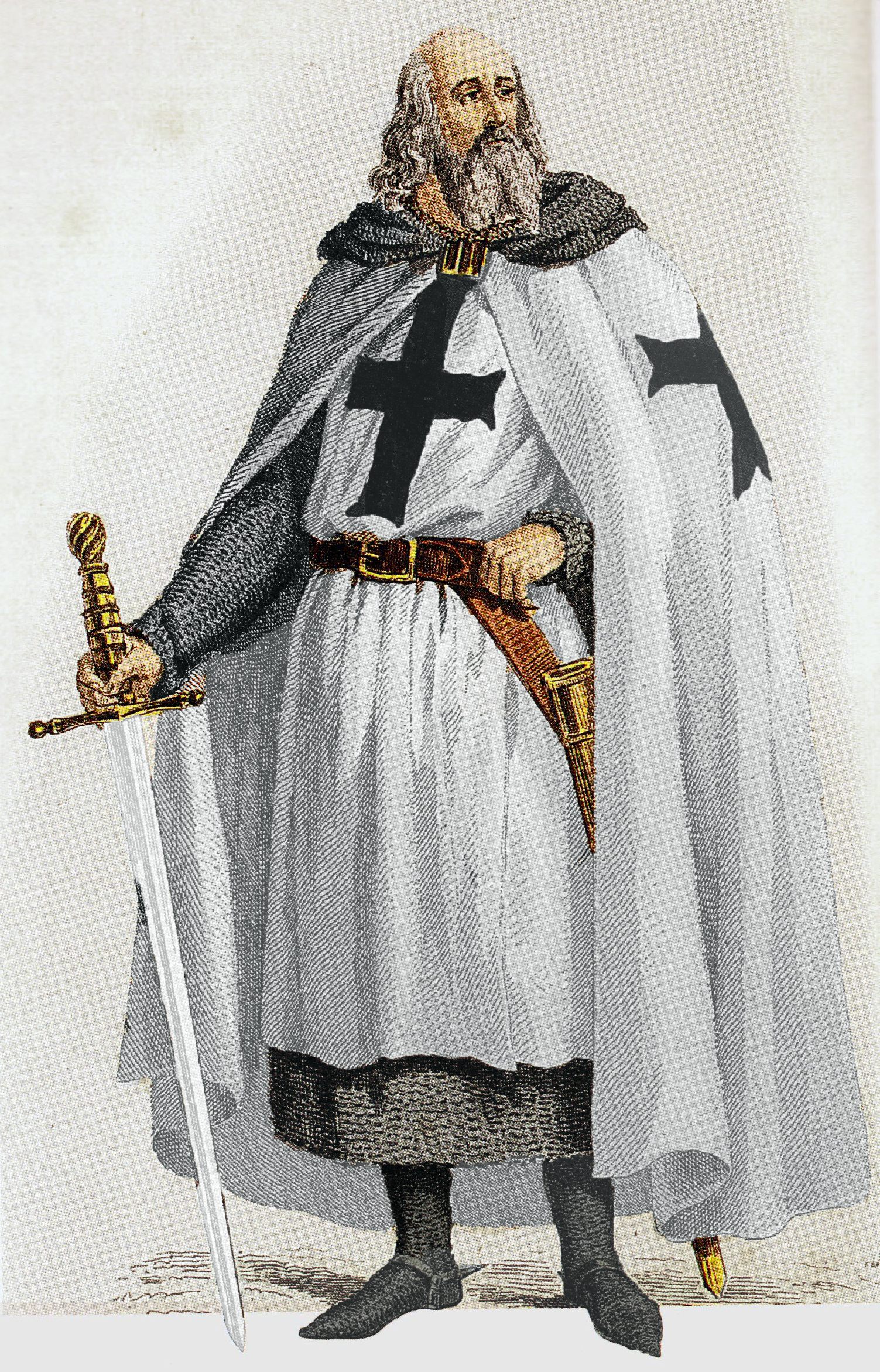


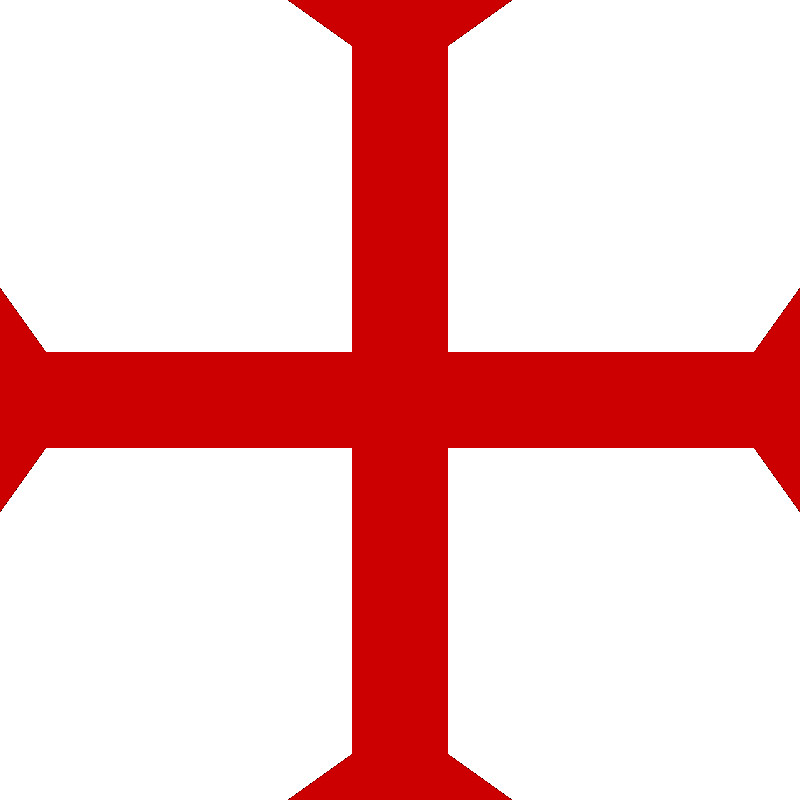





As always, such impressive depth of detail and richness of writing that makes it a real treat to read. That Sergeant really has an axe to grind against the templars too, but I guess that might not have been uncommon. Pyres were quite the show indeed :D Excellent work as always :D
Creator of Araea, Megacorpolis, and many others.
Thanks :D The Sergeant is just very pro the current government. But criticising everyone is a French national sport :p
That checks out XD
Creator of Araea, Megacorpolis, and many others.